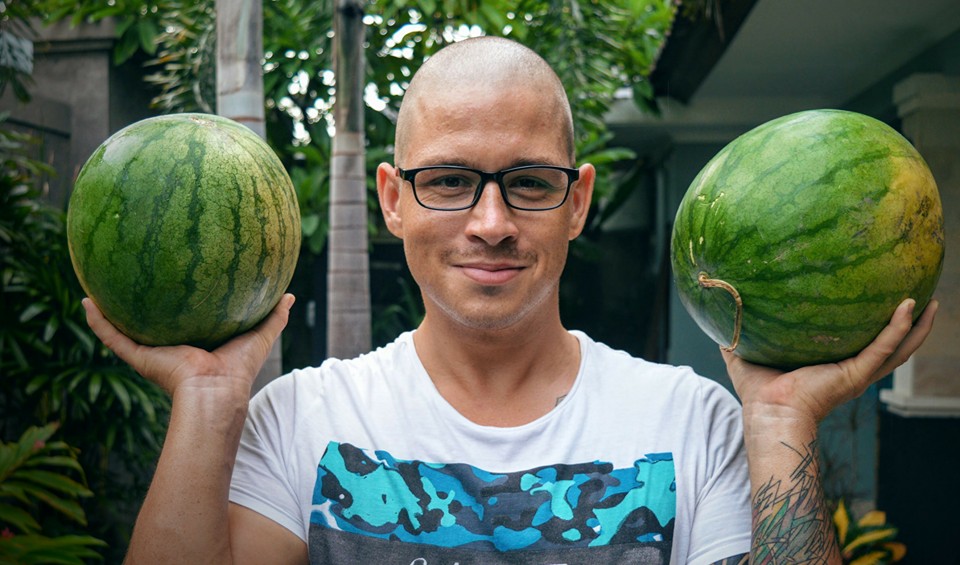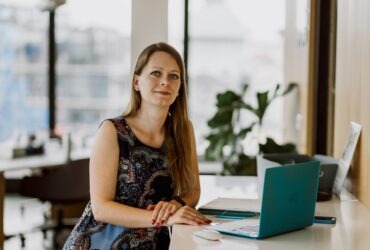23. Říjen 2016
We are happy when the Czechs demonstrate that it is possible to do big businesses from anywhere in the world and, at the same time, lead an international lifestyle. Pavel Bulowski lives in a villa in Bali, Indonesia, and every month he flies to Singapore, Korea, Australia and other countries in Asia-Pacific region to sell a sophisticated IT product to local companies. It is also thanks to having a hands-on experience as Sales Director of Socialbakers for Asia-Pacific that he dared to establish the Singapore office of Czech company Keboola. How did he set up sales in Keboola so that it’s profitable, even with a small team? In what way have the Asians changed his view of social media? And what is the real glamour and misery of doing the “dream” business from Bali?
- Pavel Bulowski, 32 years old
- Company: Keboola
- Position: Partner, Business Development & Strategic Partnerships
- Blog Keboola

- The first job he got was at the room service department of Four Seasons*****. “13 years ago, it belonged to the top, in terms of service and forwardness of the corporate culture. Even though I was ashamed of the manual work at the time, today I can see that going through the ups and downs in such a sophisticated environment is the best way to condition you for a business.”
- Pavel stayed several years in HORECA sector and tried out different positions until he got to the corporate sales. “The interesting thing about it is that I started working 14 days after the global financial crises were announced and when the business travel expenses were the first in line to be cut down by companies.” Pavel says that it was paradoxically easier for him as a newcomer. Older colleagues had, in fact, established approaches that suddenly didn’t work. “They were the classic fair-weather salesmen, whereas I had to learn to operate in a new era. During the first 6 months I made 90% of the turnover while the market fell to 40%.”
- However, a prescribed career did not appeal to him and, moreover, after staying in Ireland, he wanted to make the most of his English. He then joined Expats.cz, where he was responsible for one of its clients, Slevomat, at the very beginning. With Slevomat, Pavel was outsourced for its sales department, where he was assigned to create a functioning team during nine months. But it was fast-paced; Slevomat was growing quickly and enormously that Pavel reached the bottom of his powers. “I fought against burning out with jogging. Eventually, I got into ultra-marathons,” he admits.
- He needed some change and he found it in a new, evolving digital marketing. “SocialBakers was already sexy back then because it was known that social media were going to be a phenomenon.” Step by step, he set up their sales in the Czech Republic and helped them expand in Asia-Pacific.
- Today, he rents a villa with his girlfriend and a couple of other digital nomads in Bali, Indonesia, where he relocates from Singapore. What’s his life like besides work? “I still love running and individual sports, but here in the island there are not many options for jogging,” he laughs. “It’s not like Jizerky, where you run 8 hours in row during the weekend. I’ve returned to boxing and high-intensity exercise. I’ve started surfing, which is a great antistress. You cannot go into the water wearing a watch or carrying a phone. You have to switch off.”
- Do you want to live as a modern sales nomad, travel through Asia, sell an unique software developed in the Czech Republic and grow mentally under Pavel’s mentoring? Contact him now!

I spend 3 weeks in a brutal pace between 4 states. The next 3, I work online from Bali.
Pavel, first let me ask you, in the name of all the lovers and haters, about the phenomenon of “beach businessman”. Is it really possible to close a deal from a hammock?
I don’t do business from a hammock because it hurts my back. But I can tell you that, for example, I do business by the pool with legs in the water quite regularly. (laugh)
Well, but by the pool, there are only follow-ups, not the real negotiating. I know that you really have to work fairly for each closed deal.
Exactly. It’s not that I just sit here in Bali and deals fall into my lap. Roughly, I spend three weeks with exhausting traveling when I fly between Singapore, North Korea, Australia and other countries. I work intensively, approximately 12 hours a day. I try to get the most of every country I visit and arrange as many meetings as possible. Then when I return, I spend 2–3 weeks closing initiated deals, planning next trips, addressing new clients and trying to get as many meetings as possible. And the wheel starts spinning again.
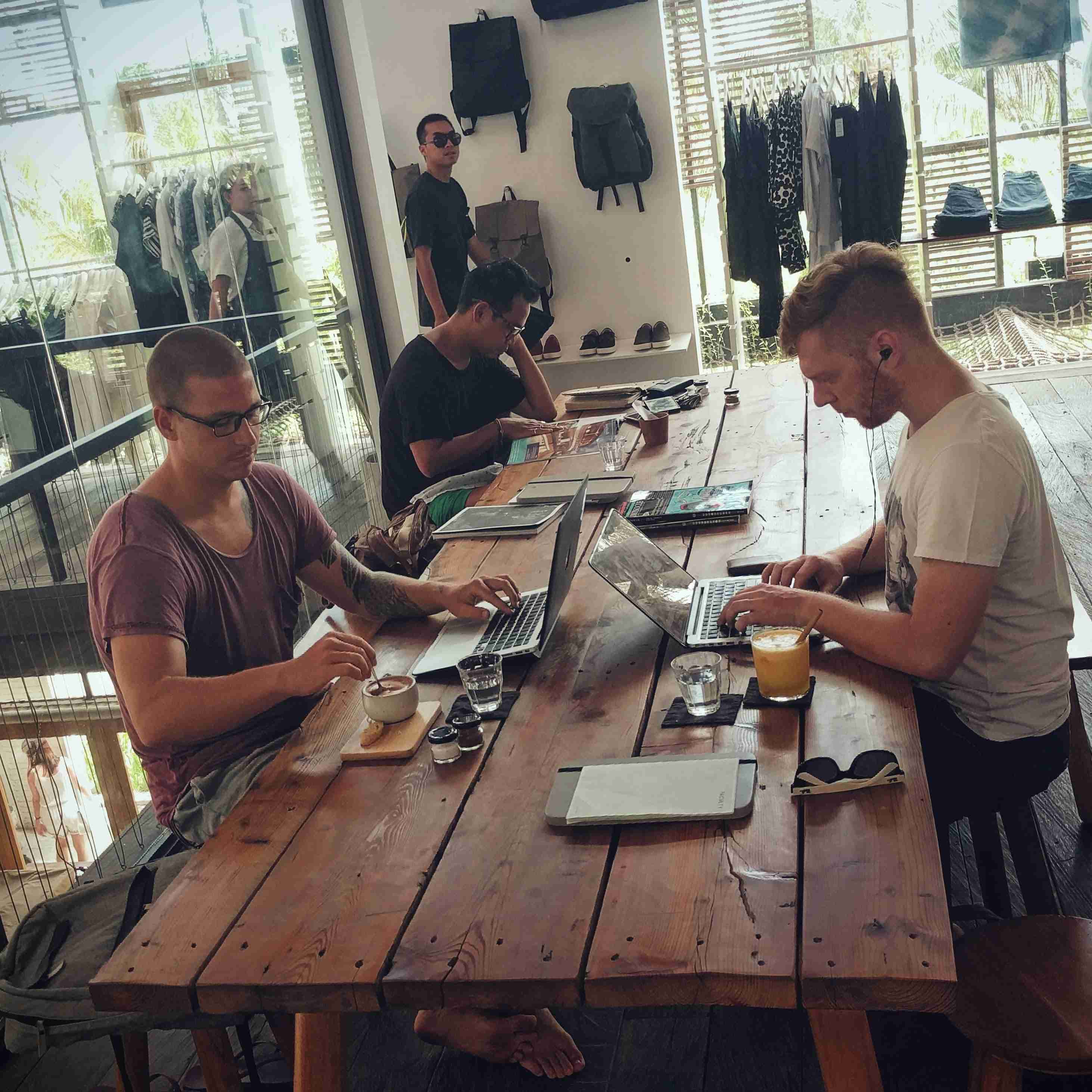
At first, I wanted to change the Asians. Only then did I realize that to be successful I must act within their concept of thinking.
What is it like, the local culture? They say that Asians are well-mannered, they agree to everything, but then lack the action. What have been more efficient for you – e-mails, phone calls, Skype or personal contact?
There is not just one Asia and there are completely different cultures across the continent. What you are talking about is the so-called white lies – when people don’t want to lose face – and it’s typical for China, Hongkong, as well as Singapore. That cannot be done via phone, you must engage personally. Those people are passive in business, they like to hear personal presentation and furthermore, with phone not only you don’t know if they are listening to you, but also you can’t read their faces. And that is a disadvantage for me. The big data segment, which I work with, is not easy to understand and only when I see a person face to face, I can work with it.
Tell me about it! When you were explaining the product profoundly to me in our first Skype chat, I was glad the camera didn’t work 🙂
(laugh) Now imagine that in a culture, which is indeed advanced, adept at using smartphones, but does a lot of things based on traditional processes firmly existing for years.
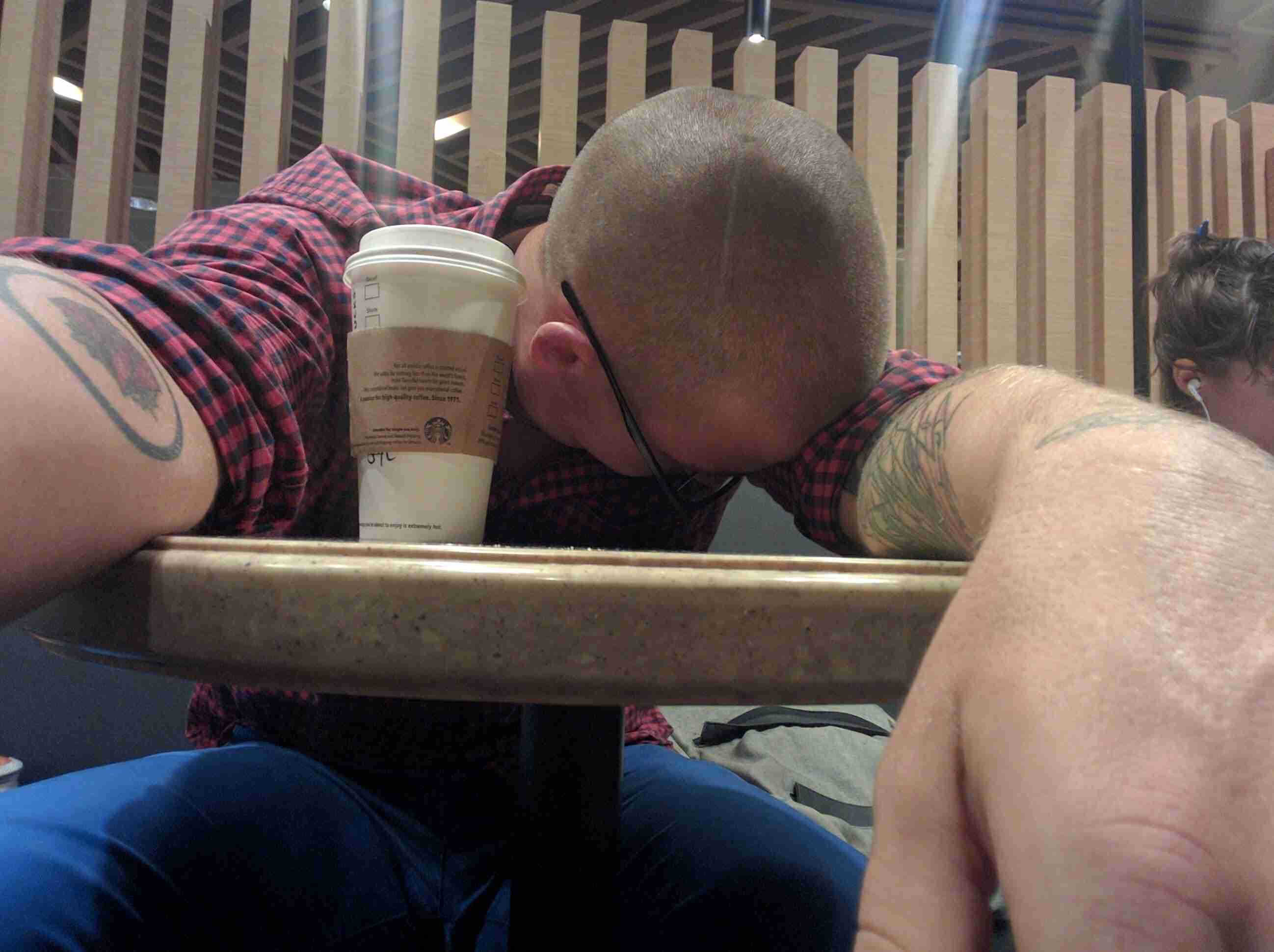
On Facebook, even a person in high position answers within a couple of minutes.
So that’s about the white-lying. What about other areas of Asia, how to succeed in business there?
Generally, I have learned to forget all about the tendency to change their established patterns of thinking and doing business, and instead work within them. In Indonesia, there is significantly less competition in what we do. On the other side, the negotiating with the locals is very unpredictable. Many times we patted on the backs at the end of a meeting, I left excited and then didn’t hear from them for 6 months. Australian mentality is closer to ours. However, for example, as a woman you have it more difficult there. In Singapore, I have a French colleague who is the best businesswoman. When she went to Australia to open up the market, she crashed into their chauvinistic way of doing business. She simply isn’t a white guy who drinks six beers after work and that reflected on her sale results. (laugh)
Briefly, please explain what it is you sell, exactly. What is Keboola?
It sounds like a disease, doesn’t it?
A bit.
That is the first association that they’ve got here in Asia. That is why building your personal brand is the key for me – nowadays, salesmen have to act the same as brands. To be memorable and trustworthy for people to recommend it. Asia has opened my eyes, a lot, when it comes to this right at the very first meeting in Jakarta, where I gave a speech. When I got off the stage, 70 friend requests were waiting for me on Facebook from the people, who looked like one another. (laugh)
I realized then how powerful social media are; that on Messenger, even a person in high position is more likely to answer, and much faster, than on e-mail. I began to share everything publicly, linked privacy and work. I try to post a positive content and distinguish myself. Being “the guy with coconuts from Bali” is a great icebreaker.
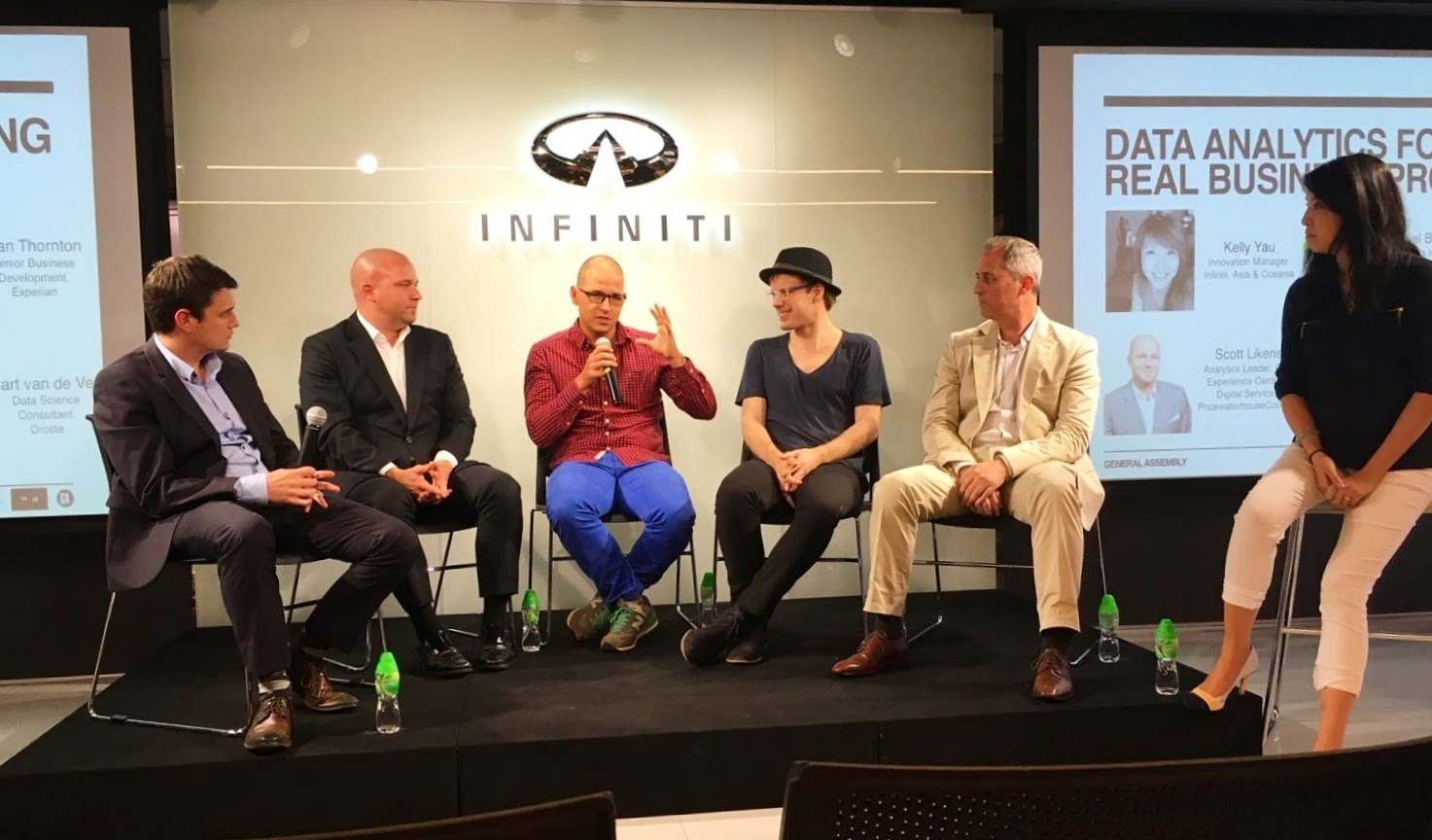
Slevomat, SocialBakers, Keboola. You are always at the start of interesting projects. Have you got a good nose for it?
I don’t think so. I didn’t know anything about all of the three projects at the beginning. Nevertheless, it worked. The whole secret is the people, who I was lucky to work with. I met Tomáš Čupr, Jan Řežáb and others, that influenced me to become who I am and where I am right now. Keboola is a similar example, where I reunited with Jana Žižkova during the founding of Singapore branch and she’s got an amazing experience with top IT business. We had known each other well from SocialBakers, and we quickly realized that we wanted to continue working on some project together. Keboola interested me not only because of its product, but also mainly because of the private company environment with the vision of some sustainability among the polished, but most of the time, very unreal world of startups. The cooperation with Keboola, with all it includes, is so far the best decision of my life.
People today don’t want to be employees of one company. Their drive is the freedom to do business from anywhere.
What did Keboola and relocating to Bali give you professionally? Have you changed as a businessman?
After a long time in Singapore, the Mecca of consumerism, luxury restaurants and department stores, Bali is a welcomed shift to minimalism. In a tropical country, you don’t need 10 pairs of shoes, just two pairs of flip-flops. I haven’t got a car for several years. I don’t need material things. So it brought me a huge mental shift, that converted into professional world in the context that I changed my view of employment in general. People don’t want to be employees of one company; they long for freedom, they want to do business regardless the place. The concept of distributed company, that we have adopted in Keboola and where we closely cooperate with particularly sales and digital nomads, exactly allows this and it gives salesmen a structure. Thanks to this, I manage to run a company profitably even with limited budget. It is the exact opposite of companies such as Google, which built for you a gym, chill out zone, dry cleaner’s, kindergarten, just so that you don’t have to leave the workplace at all. But today, you don’t want to live in your work, spend hours in traffic, blindly repeat all learnt processes. Slowly, people also see a different way. It takes a tremendous discipline but who, other than a businessman, has that?
